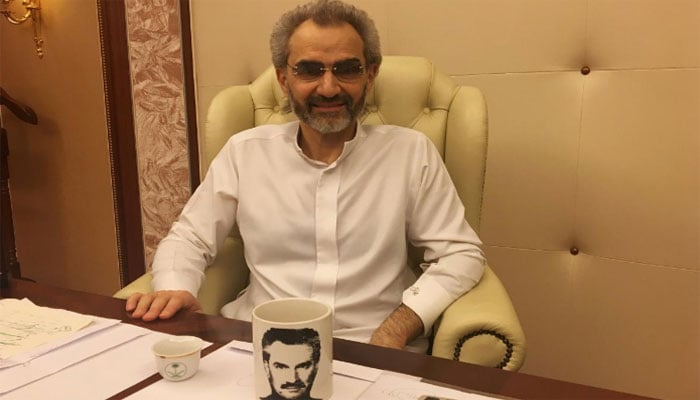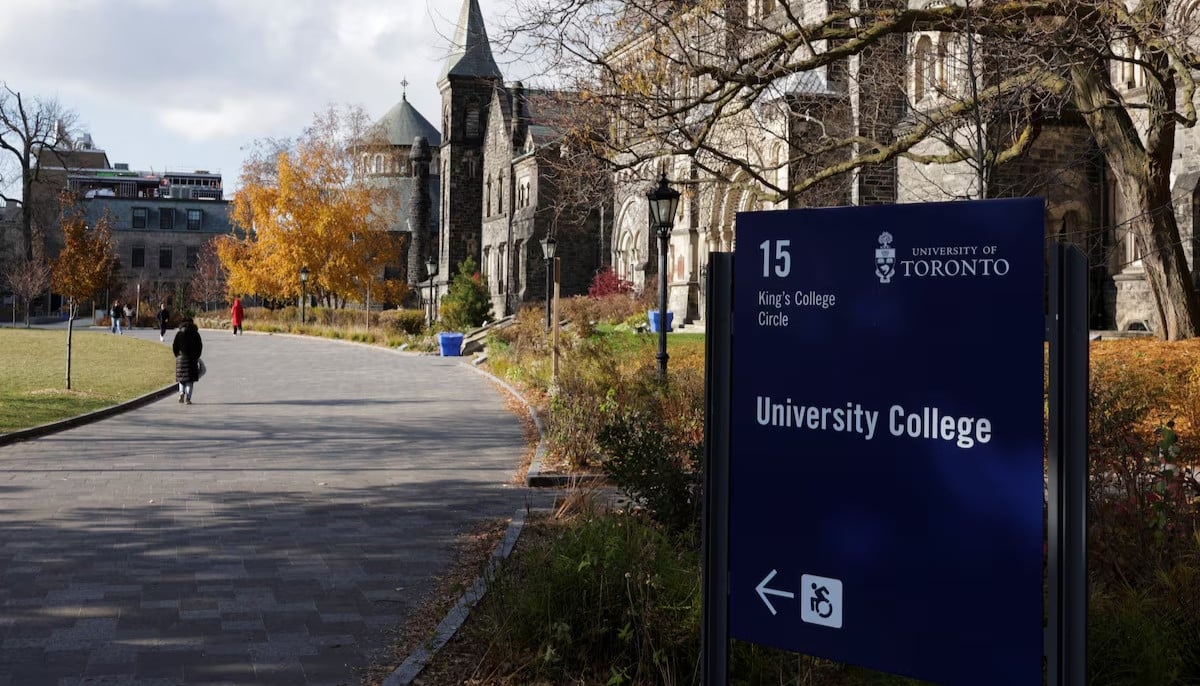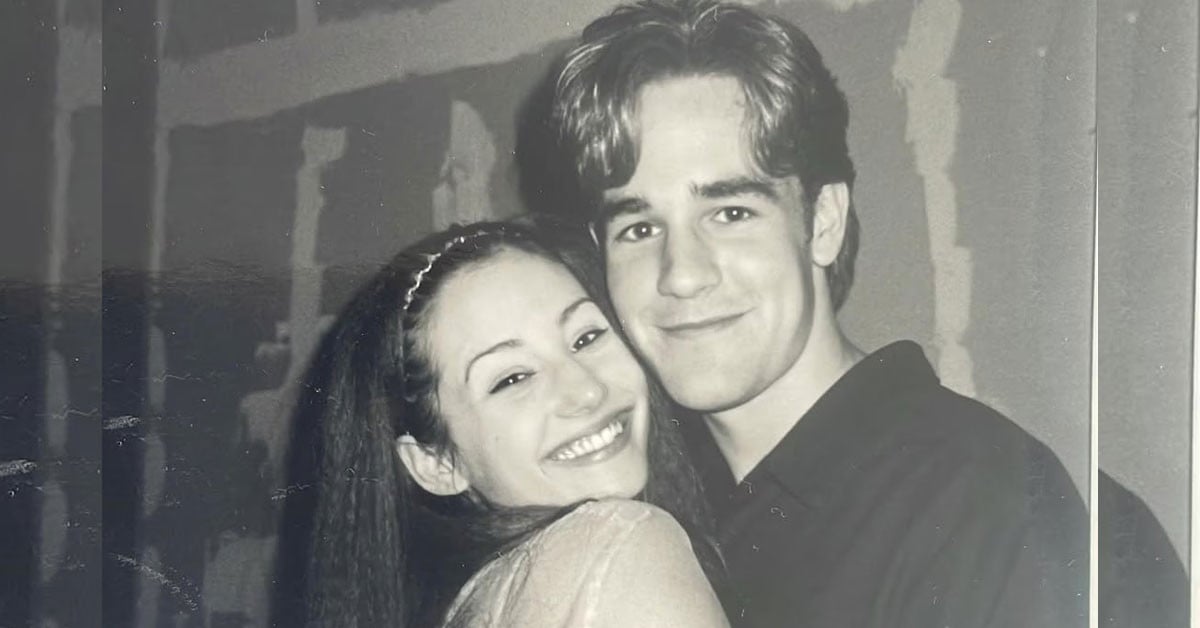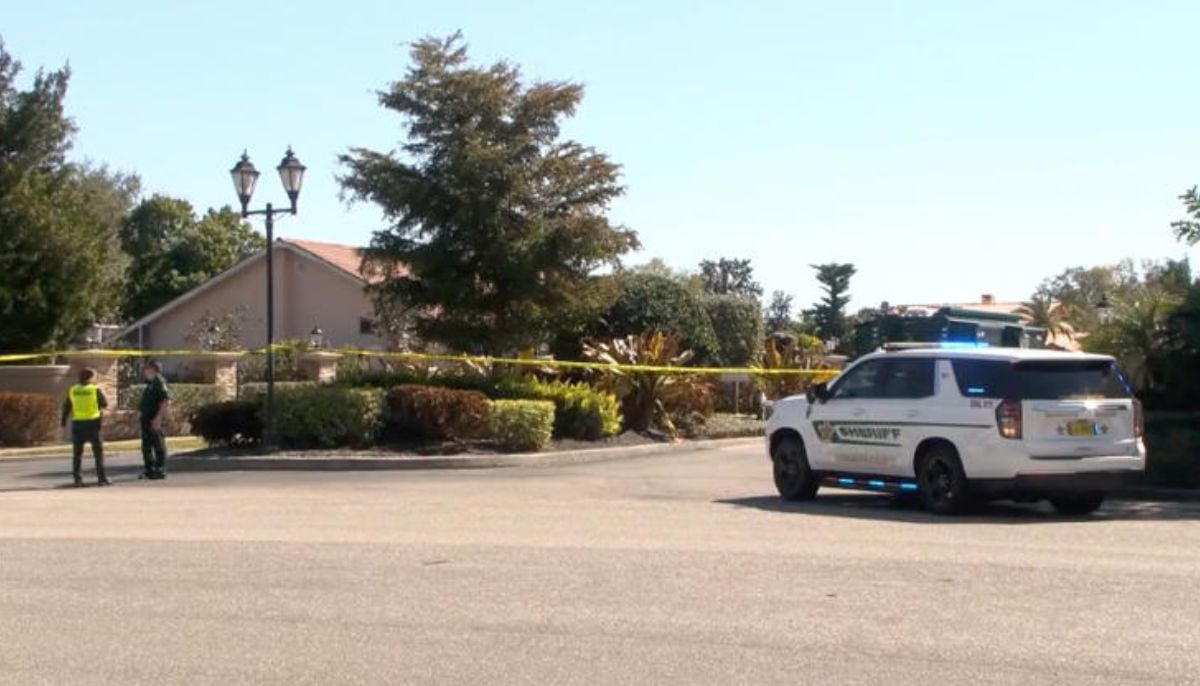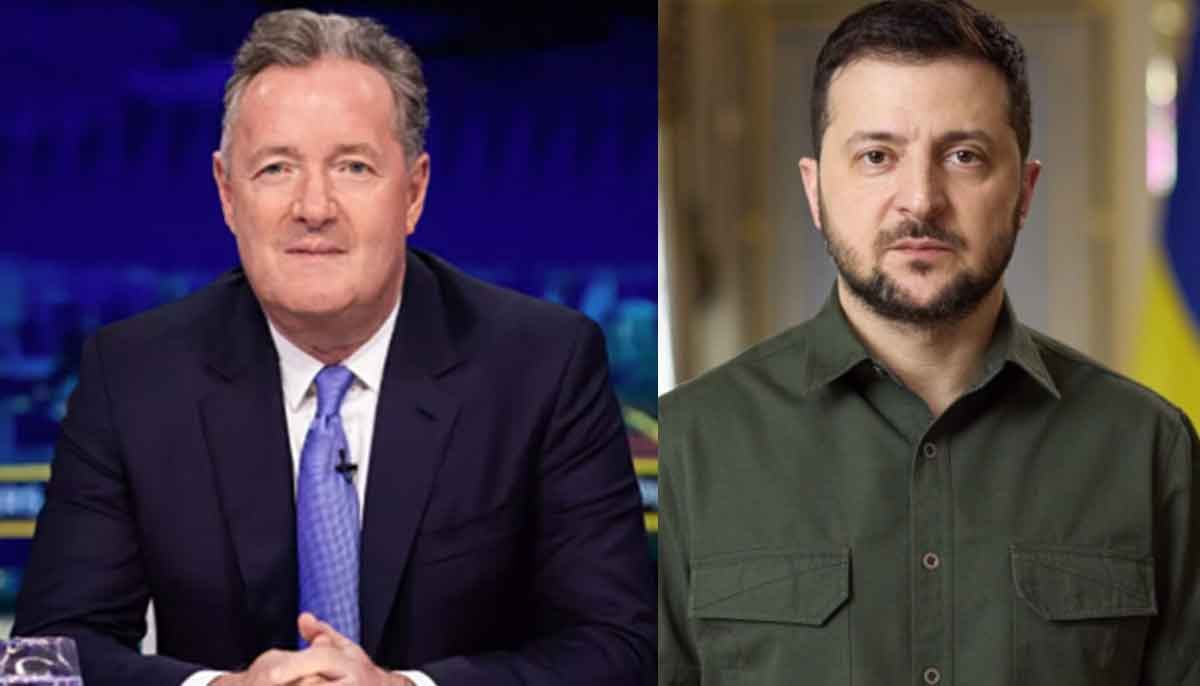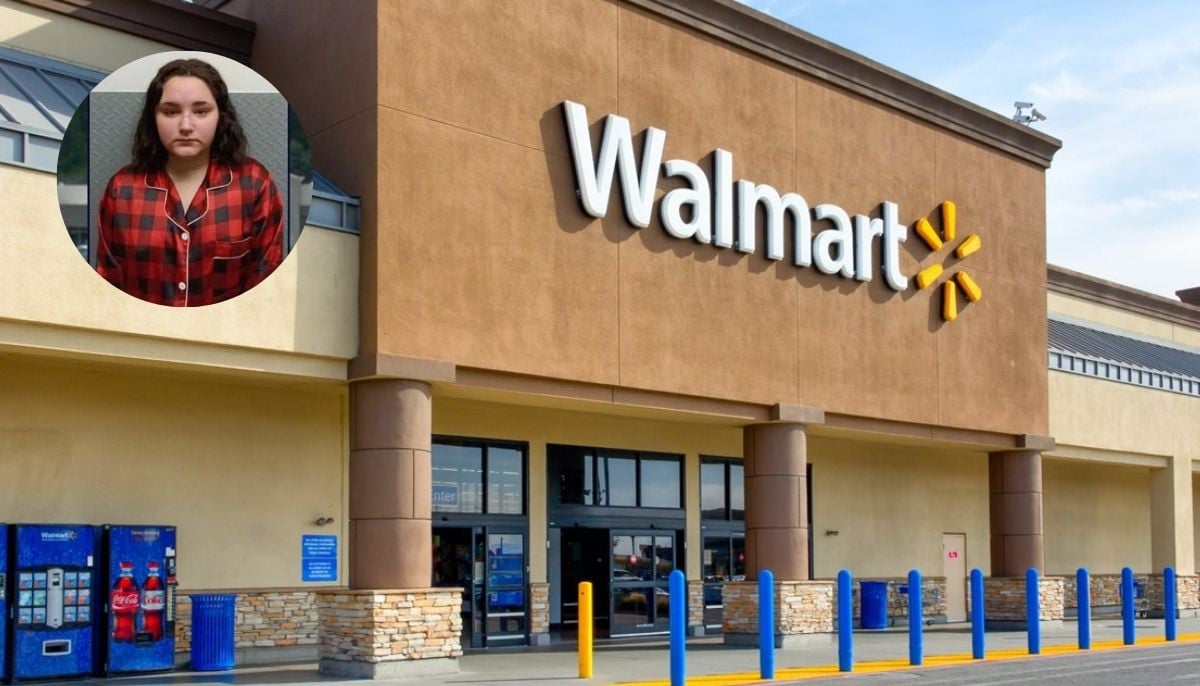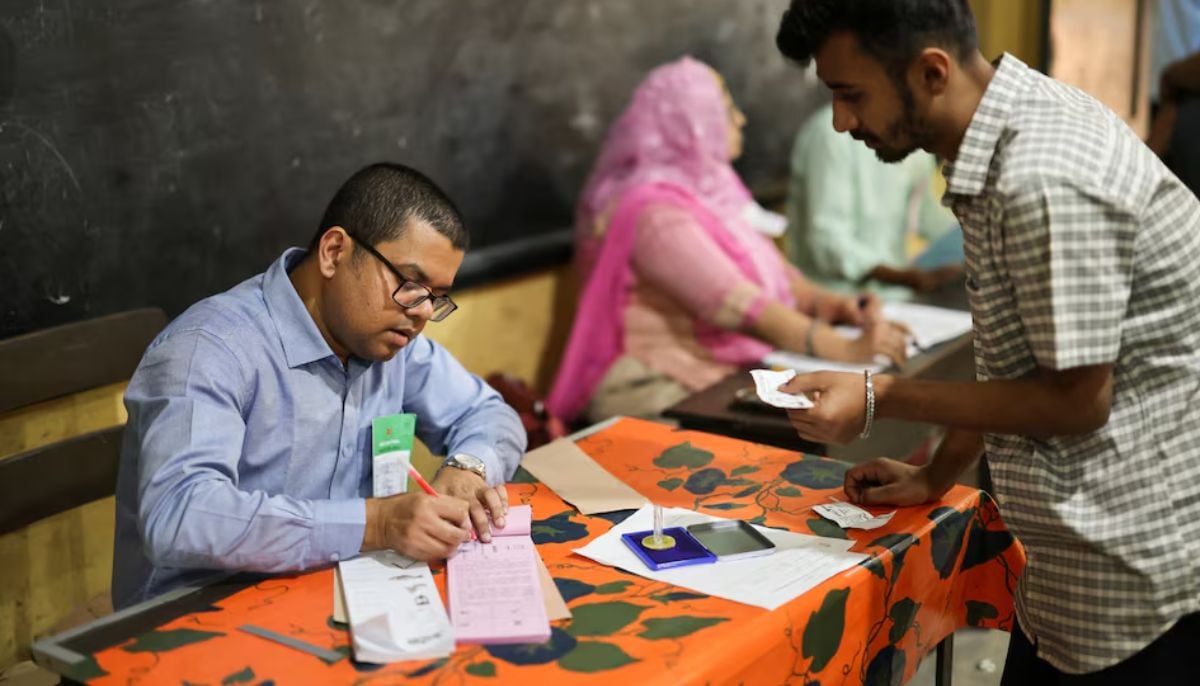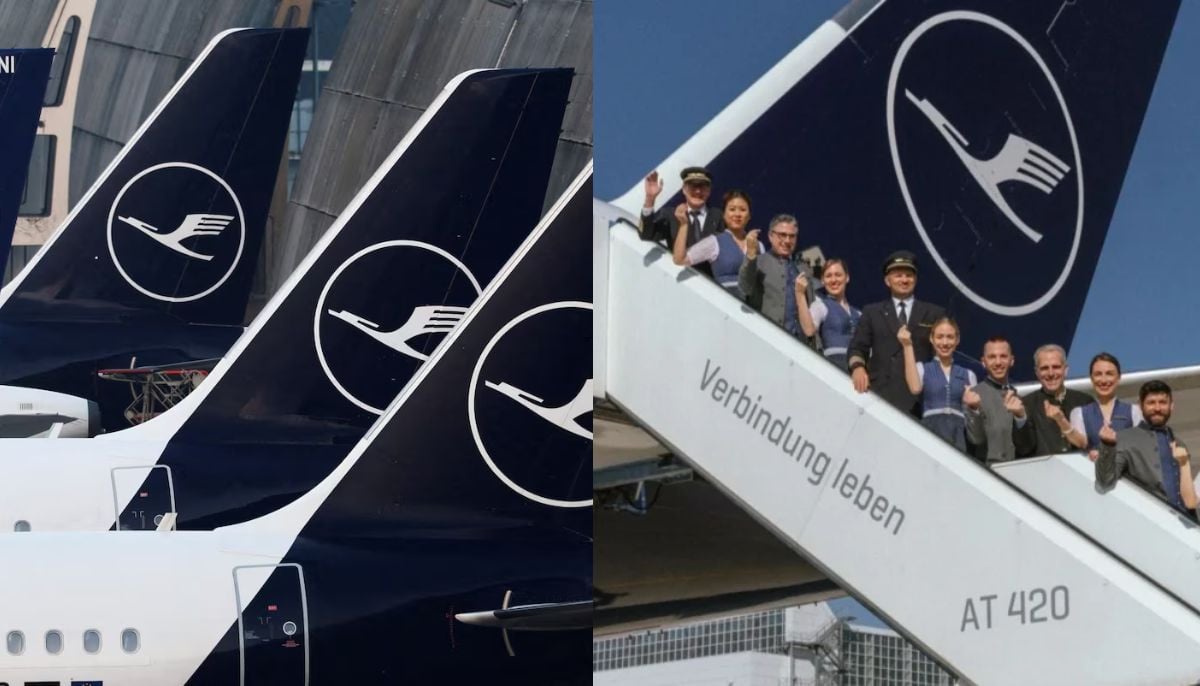Riyadh: Saudi Arabia´s attorney general said on Tuesday $107 billion has been recovered so far in a major crackdown on high-level corruption and that 56 suspects were still being investigated.
Sheikh Saud al-Mojeb said he has completed inquiries into 381 high-profile corruption suspects and decided to keep 56 in custody and free the rest.
Those released include individuals proven not guilty but also others who had agreed financial settlements with the government after admitting corruption charges, he said.
Total settlements with the suspects had topped 400 billion riyals ($107 billion) in various forms of assets handed over that included property, securities and cash.
In November, the authorities launched an unprecedented anti-graft swoop that netted hundreds of members of the extended royal family, top businessmen and officials.
The anti-corruption drive was led by Mohammed bin Salman, the 32-year-old crown prince and author of the "Vision 2030" programme of social and economic reforms.
Among those detained was one of the desert kingdom´s most high-profile and wealthiest men, Prince Al-Waleed bin Talal.
The man dubbed the Warren Buffett of Saudi Arabia was released on Saturday after striking an undisclosed financial agreement with the authorities.
He remains chairman of the Kingdom Holding Company in which he owns a 95-percent stake.
Some critics have labelled Prince Mohammed´s campaign a shakedown and power grab, but authorities insist the purge targeted endemic corruption as the country prepares for a post-oil era.
"The total number of subpoenaed individuals reached 381, a significant number of whom were called to testify or provide evidence," the attorney general said on Tuesday in a statement released by the information ministry.
- ´Other pending cases´ -
Mojeb said he had decided to "keep in custody those individuals -- 56 in total -- where the attorney general has refused to settle with them due to other pending criminal cases".
He said he will continue investigating the 56, but provided no further details about their identities.
On Friday, the authorities also released media mogul Waleed al-Ibrahim, owner of influential Arab satellite network MBC.
Another high-profile detainee, former National Guard chief Prince Miteb bin Abdullah, was released recently following a "settlement" with the authorities which reportedly exceeded $1 billion.
The government said most of those detained agreed monetary settlements in exchange for their freedom.
Those caught up in the corruption crackdown were detained at the luxury Ritz-Carlton hotel in Riyadh.
The hotel is due to reopen on February 14, and it was not immediately known if any of the 56 still in custody were kept there.
The windfall from the settlements will help finance a package announced by King Salman this month to help citizens cope with the rising cost of living, Finance Minister Mohammed al-Jadaan told the World Economic Forum in Davos on Wednesday.
He said part of the estimated $13 billion aid package for this year will come from the proceeds of the financial settlements.
Saudi Arabia relies heavily on oil income, and introduced a string of austerity measures after crude prices began to slide in mid-2014, resulting in massive budget shortfalls.
Riyadh twice raised the prices of fuel and power and imposed excise duty on certain products and a five-percent value-added tax (VAT), in addition to taxing expatriates.
Saudi Arabia, which pumps 10 million barrels of oil per day, has posted budget deficits totalling $260 billion over the past four years, and projects a shortfall of $52 billion this year.
-
Savannah Guthrie shares sweet childhood video with missing mom Nancy: Watch
-
Piers Morgan praised by Ukrainian President over 'principled stance' on Winter Olympics controversy
-
Halsey's fiance Avan Jogia shares rare update on wedding planning
-
Las Vegas father shoots daughter's boyfriend, then calls police himself
-
'Fake' sexual assault report lands Kentucky teen in court
-
Woman arrested months after allegedly staging husband’s murder as suicide
-
Bangladesh sees high turnout in landmark national election
-
Lufthansa cancels hundreds of flights amid pilot and cabin crew strike
